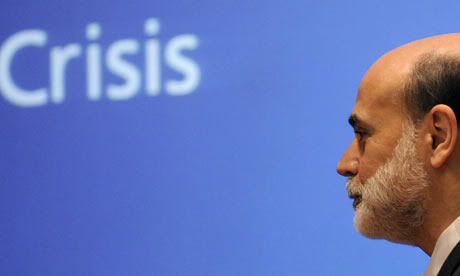 Well, OK, I’m summarizing. I was startled to read at Agent Orange that Summers was a progressive thinker because Summers recognizes the massive increase in economic inequality that has taken place over the past three or four decades:
Well, OK, I’m summarizing. I was startled to read at Agent Orange that Summers was a progressive thinker because Summers recognizes the massive increase in economic inequality that has taken place over the past three or four decades:
It would be, however, a serious mistake to suppose that our only problems are cyclical or amenable to macroeconomic solutions. Just as evolution from an agricultural to an industrial economy had far reaching implications for society, so too will the evolution from an industrial to a knowledge economy. Witness structural trends that predate the Great Recession and will be with us long after recovery is achieved: The most important of these is the strong shift in the market reward for a small minority of persons, relative to the rewards available to everyone else. In the United States, according to a recent CBO study, the incomes of the top 1 percent of the population have, after adjusting for inflation, risen by 275 percent from 1979 to 2007. At the same time, incomes for the middle class (in the study, the middle 60 percent of the income scale) grew by only 40 percent. Even this dismal figure overstates the fortunes of typical Americans; the number unable to find work or who have abandoned the job search has risen. In 1965, only 1 in 20 men between ages 25 and 54 was not working. By the end of this decade it will likely be 1 in 6-even if a full cyclical recovery is achieved.
…
There is no issue that will be more important to the politics of the industrialized world over the next generation than its response to a market system that distributes rewards increasingly inequitably and generates growing disaffection in the middle class. …

 crossposted from
crossposted from
Recent Comments